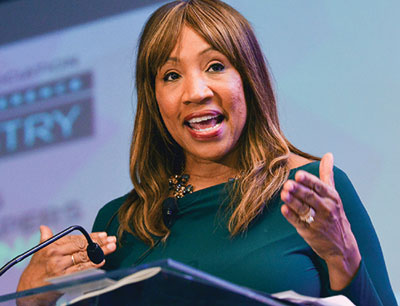
By Kevin Palmer
Black History month is the perfect time to revisit the term Uncle Tom. According to Dr. Claud Anderson in his book, A Black History Reader, it was not until the 1940s when the name Uncle Tom became a derogatory name describing a fawning, submissive, and compromising Black person.
The name was taken from Harriett Beecher Stowe’s renowned pre-civil war novel, Uncle Tom’s Cabin, which was based on Josiah Henson’s autobiography. Henson was a slave and real life model for the character Uncle Tom in the novel. The other notable character was Sambo.
Uncle Tom was a slave and principled man who expressed his willingness to die before inflicting harm on his own people. He even refused to beat Black women who did not pick their quota of cotton. In contrast, Sambo was a Black slave driver who would do anything to gain the White slaveholder’s love and acceptance. Sambo volunteered to beat Tom every night hoping Tom would divulge the runaway slave’s hiding places. Tom would not give in, so Sambo finally beat Uncle Tom to death. Sambo was the scoundrel and Uncle Tom was the hero.
Moreover, the term Sambo is gender neutral and can be used to describe a Black female school superintendent who unjustly terminates a Black employee, or a Black male commissioner who unjustly terminates a city Black employee, or a Black female District Attorney who prosecutes more Blacks than Whites who commit the same crimes.
Hence, there are many Samboes, but few Uncle Toms.





Be the first to comment